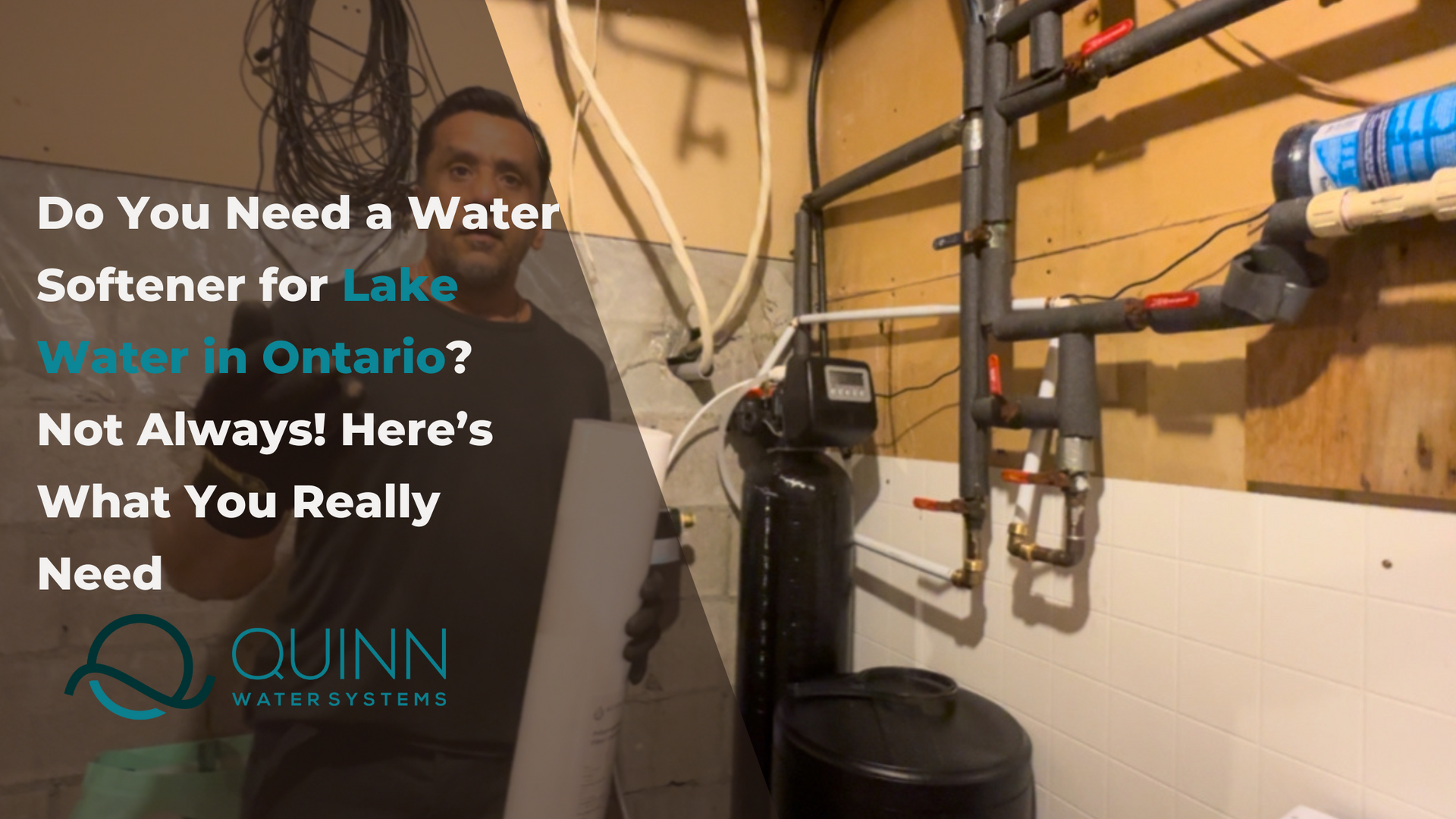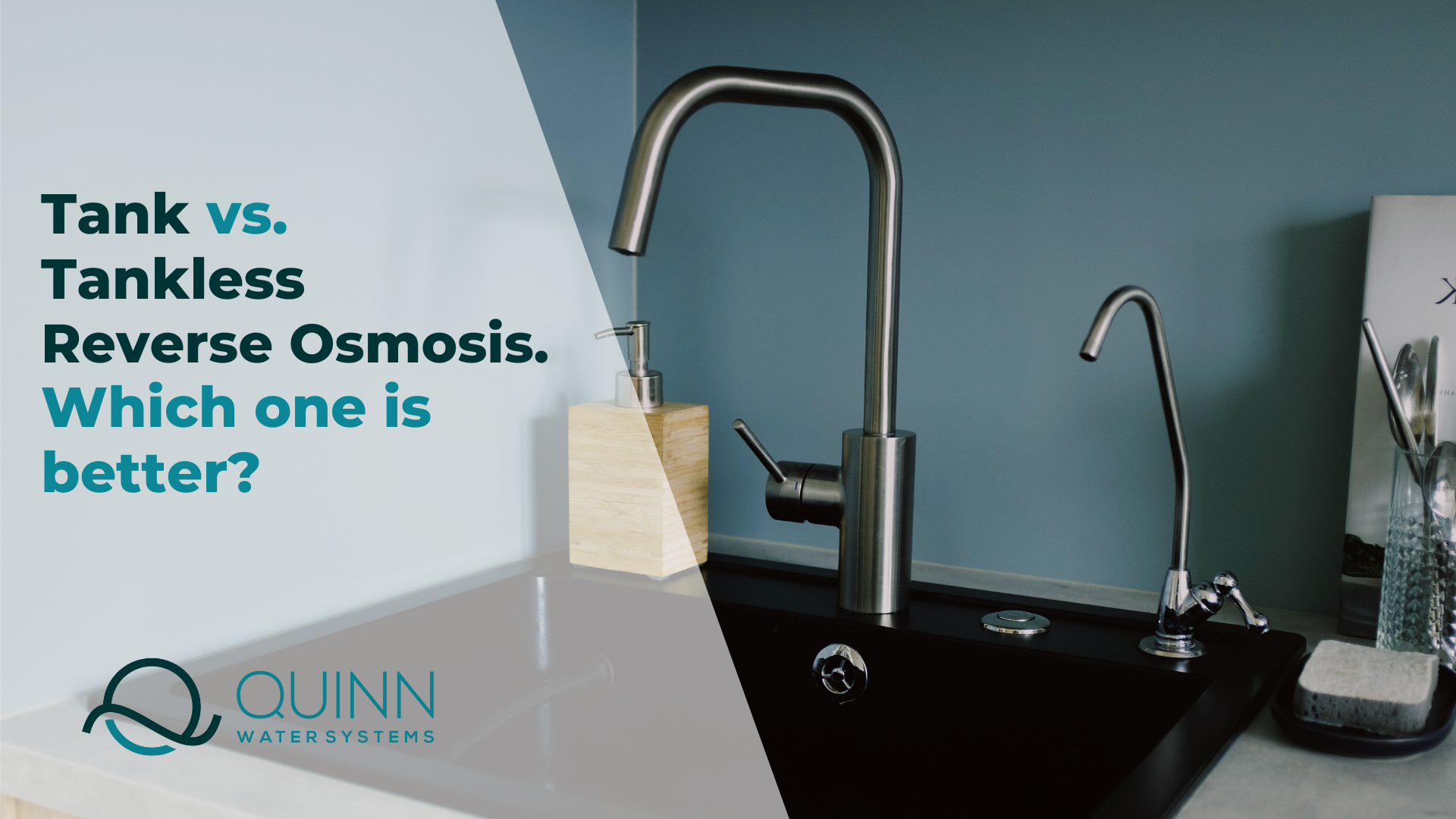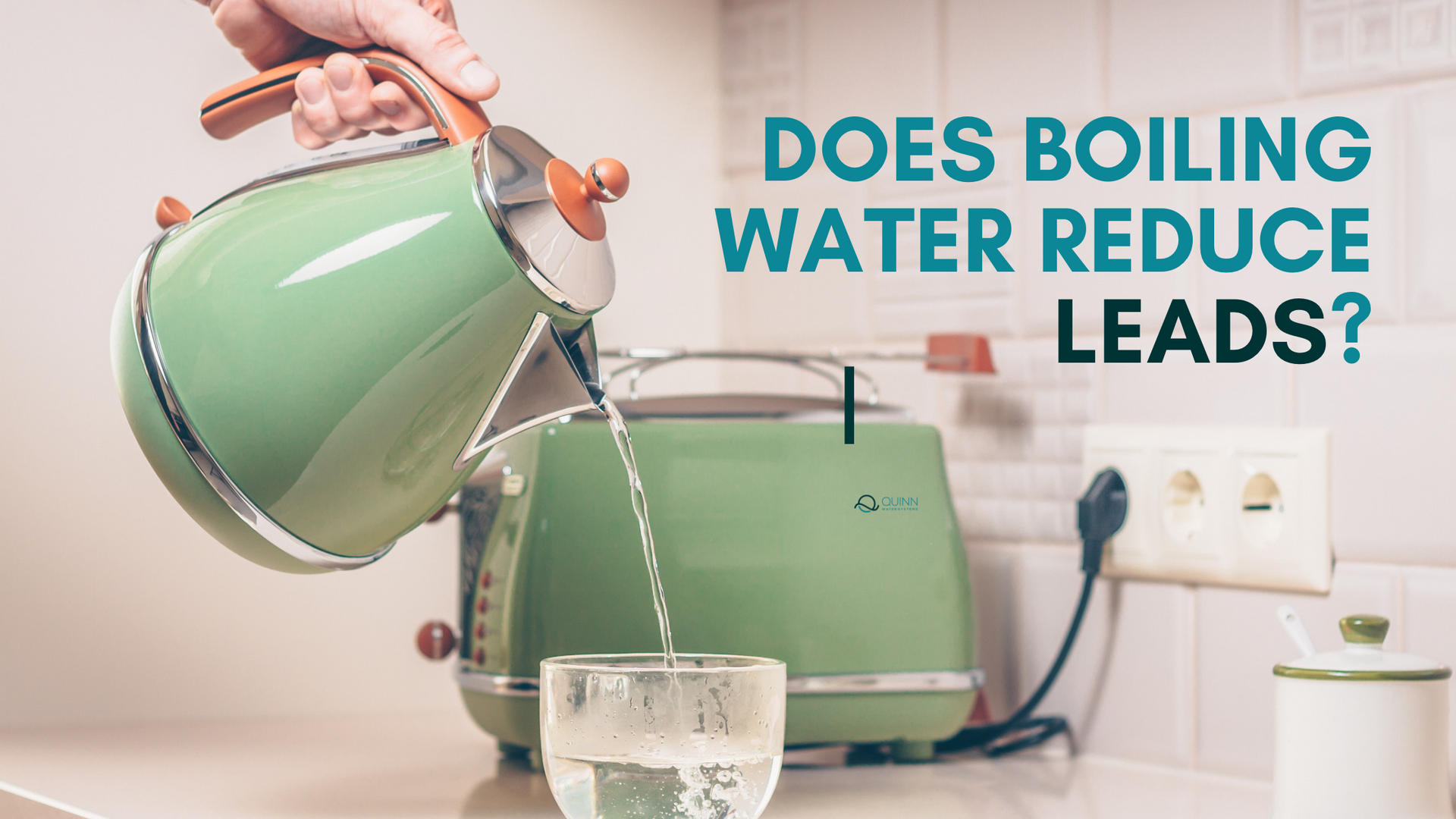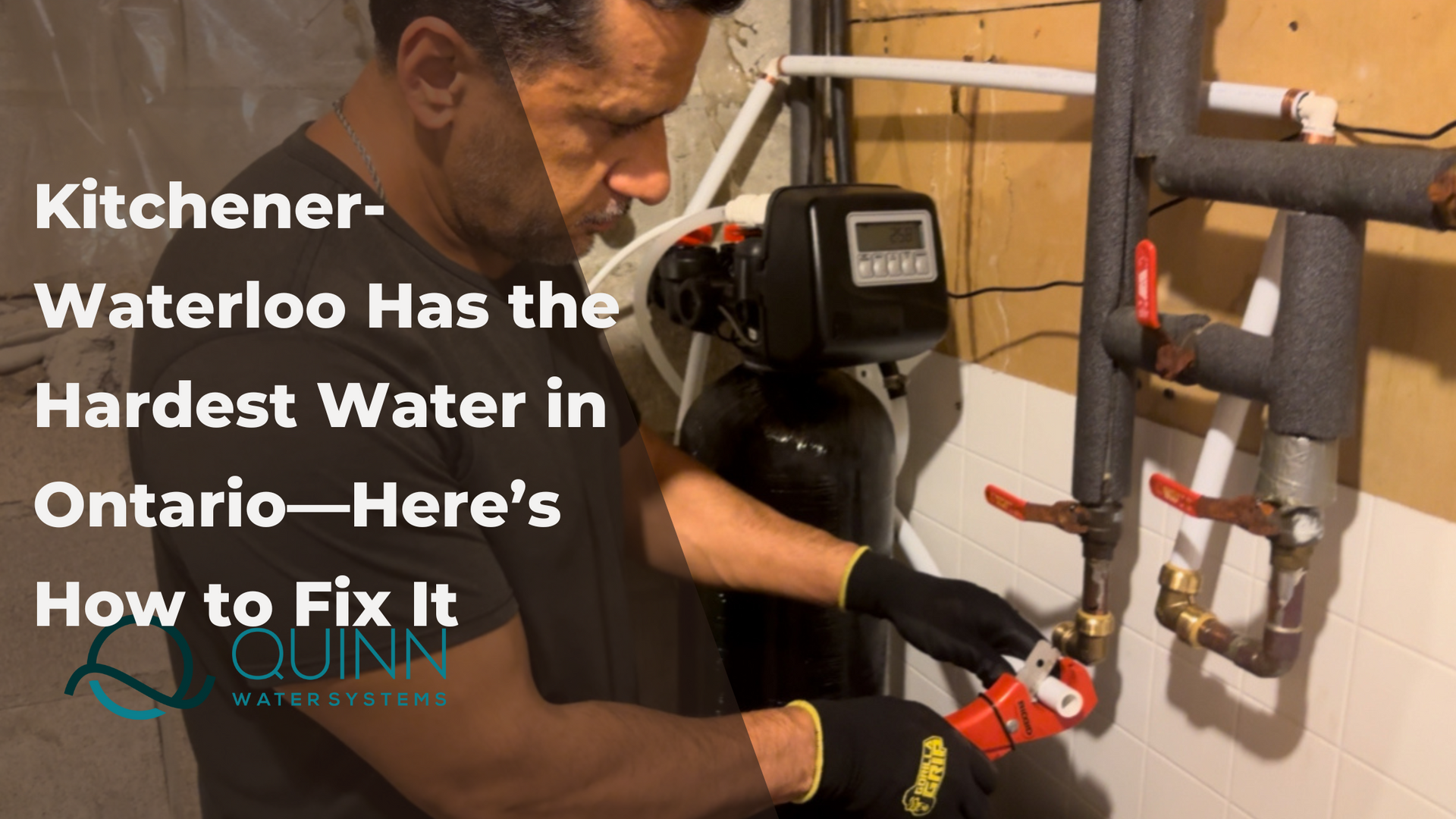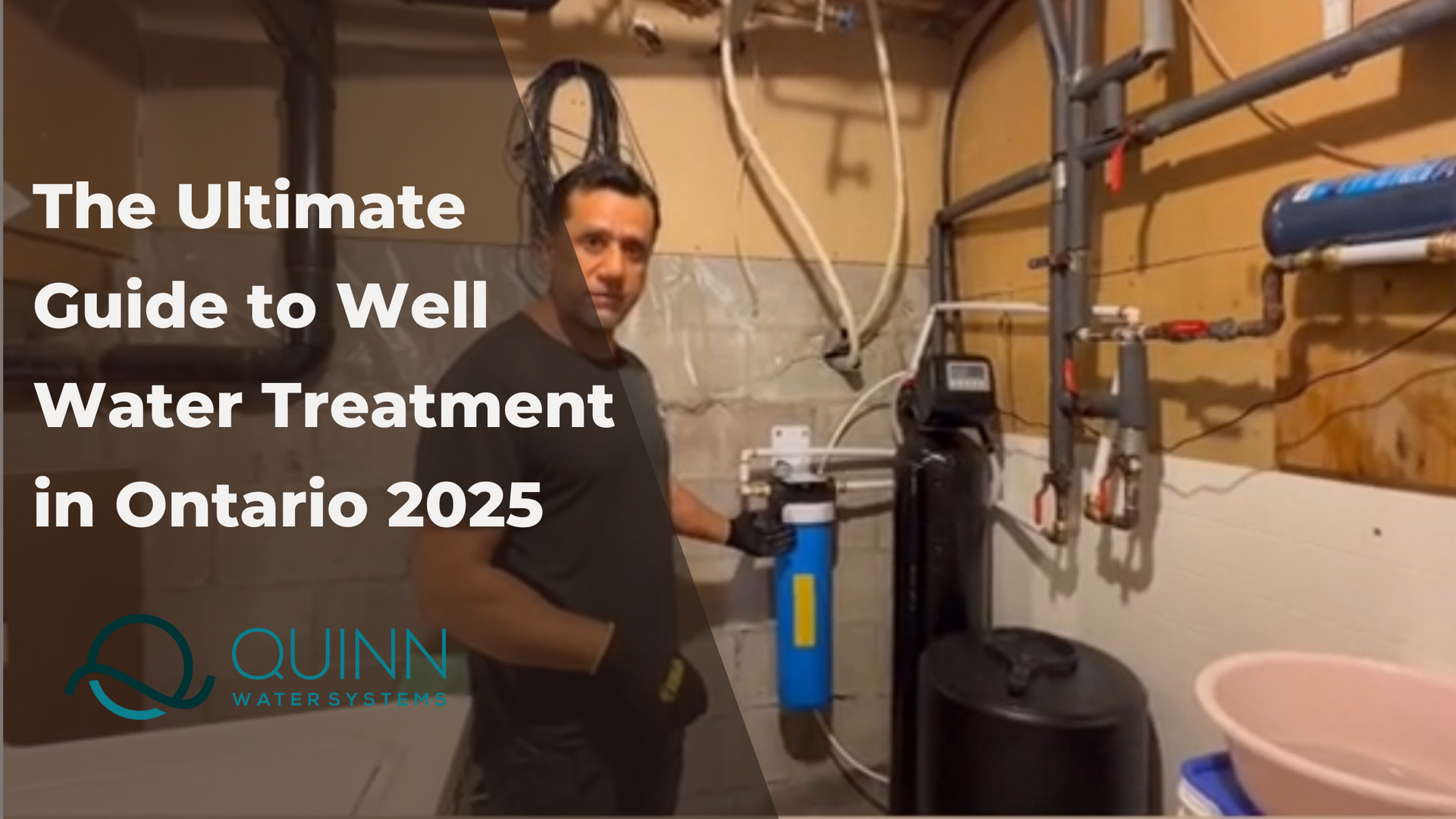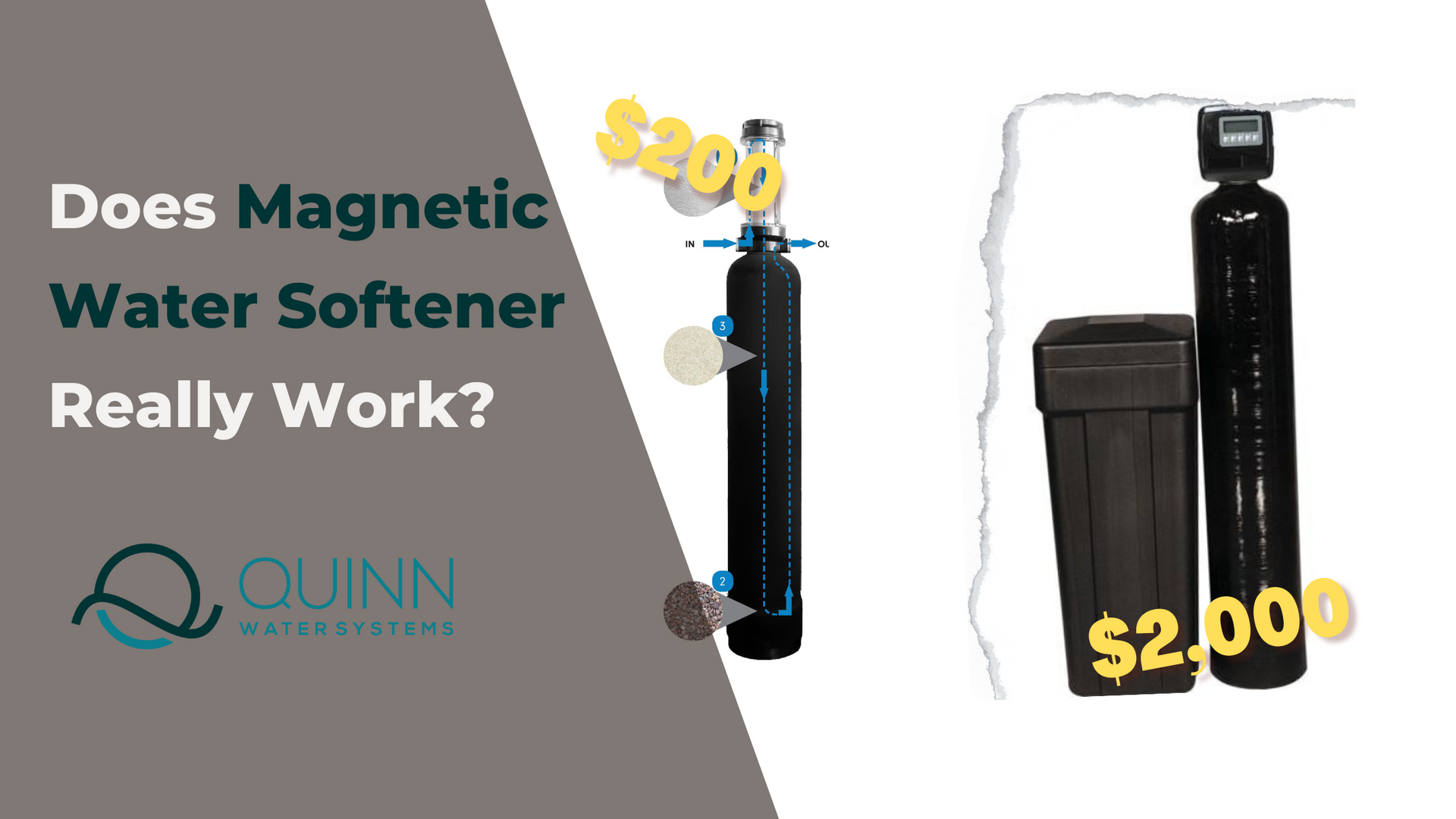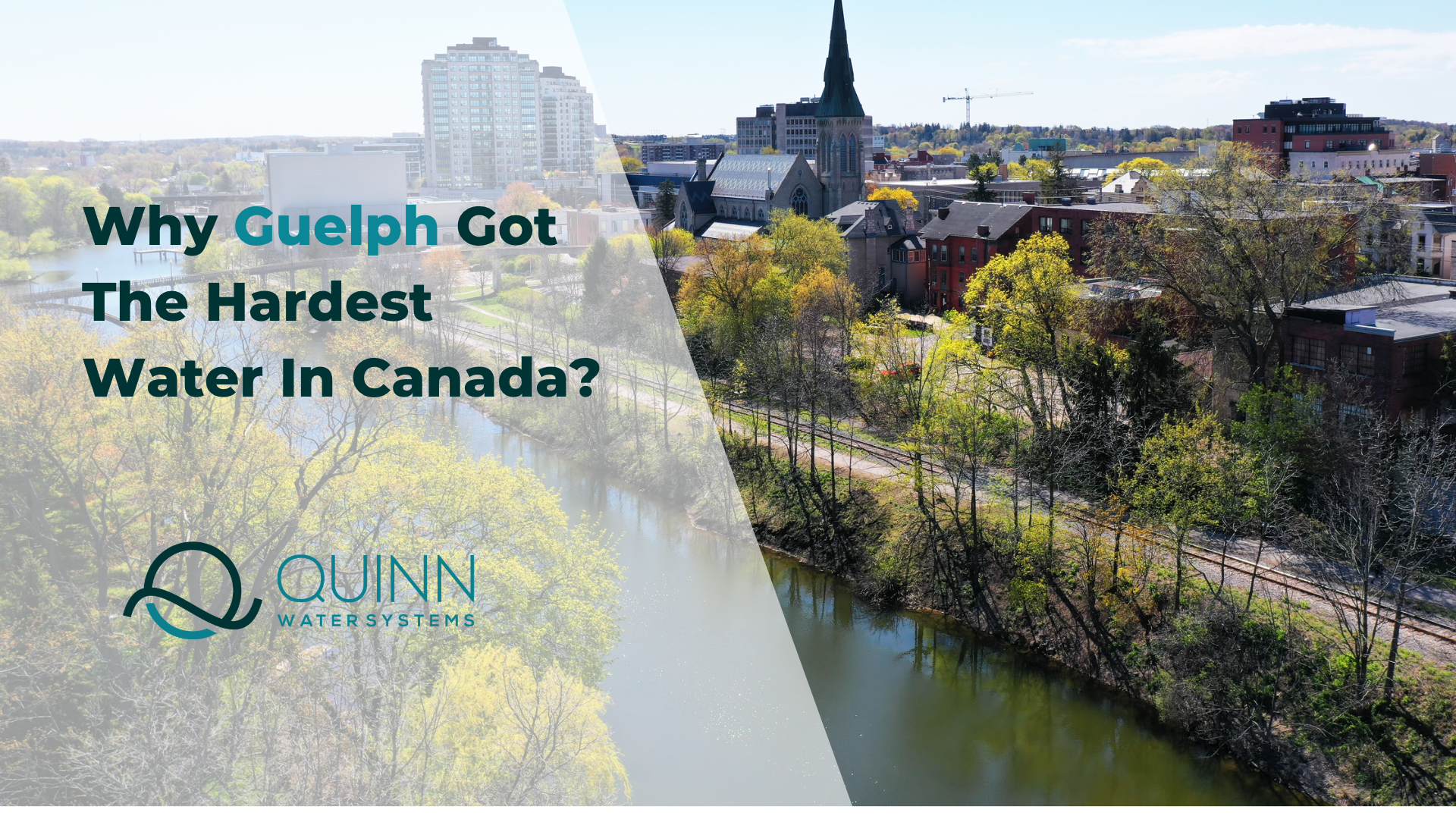Is bottled water actually safe for drinking?
Is bottled water actually safe for drinking?
Are you one of those people who always has a bottle of water with them? If so, have you ever stopped to think about how safe that water is? A lot of people assume that bottled water is just as safe as
tap water, but that’s not always the case. In fact, there are a lot of reasons why you might want to think twice before drinking bottled water. Keep reading to find out more how water filter can be a better option.
1. Not all bottled waters are safe for drinking.
In fact, a study by the Environmental Working Group (EWG) found that more than half of all bottled water brands contain industrial pollutants that are linked to cancer and other serious health problems.
Some of the chemicals found in the study include:
- BPA: A chemical used in hard plastics and metal food cans that has been linked to cancer, reproductive problems, heart disease, and diabetes. More than 90% of Americans have detectable levels of BPA in their bodies.
- phthalates: Chemicals used to make plastics flexible and soft that have been linked to cancer, birth defects, infertility, and developmental problems in children.
- Pesticides: Many pesticides are toxic to the brain and nervous system, and have been linked to cancer, birth defects, and other health problems.
- Lead: A metal that can damage the brain, kidneys, and nervous system even at low levels of exposure.
2. So how can you tell if a bottled water is safe to drink?
The best way is to check the
EWG’s Bottled Water Scorecard, which rates over 170 brands of bottled water on their website. The scorecard will tell you which brands are safe to drink and which ones you should avoid.
If you’re unsure about a particular brand of bottled water, contact the company directly and ask about their water quality testing procedures. You can also look for bottles that are labeled “BPA-free” or “phthalate-free.” However, keep in mind that these labels are not regulated by the FDA, so there is no guarantee that the water is actually free of these chemicals.
3. Get high quality and fresh water at your tap:
Most of us take clean water for granted. We turn on the tap and expect water to come out that is safe to drink. But what if the water coming out of your tap wasn’t clean? What if it was tainted with lead or other chemicals? That’s why filtering your water is so important. A water filter can help to remove impurities from your water, making it safer to drink. And, it’s more environmentally friendly than buying bottled water. Bottled water creates a lot of waste, and most of it ends up in landfills. Filtering your own water at home is a much more sustainable option. Plus, it can save you money in the long run. Get ready to enjoy high-quality, fresh water right from your tap! With advanced filtration technologies and convenient systems available today, you no longer have to rely solely on bottled water or worry about the quality of your tap water. By investing in a reliable water filtration system, such as a Reverse Osmosis (RO) system or a carbon block filter, you can remove impurities, contaminants, and unpleasant tastes or odours from your tap water. These systems are designed to provide you with clean, crisp, and refreshing water that meets or exceeds the standards set for drinking water. Not only will you have peace of mind knowing that your water is safe to consume, but you'll also save money in the long run by reducing your reliance on expensive bottled water.
Bottled Water vs RO Water
When comparing bottled water to Reverse Osmosis (RO) water, several factors come into play. Bottled water offers convenience and portability, allowing you to grab a bottle on the go. However, it is important to note that bottled water can be expensive in the long run and has significant environmental implications due to plastic waste. On the other hand, RO water is produced through a filtration process that removes impurities, contaminants, and residual minerals from tap water, resulting in purified and fresh drinking water. RO water is typically more cost-effective compared to constantly purchasing bottled water, and it eliminates the need for single-use plastic bottles. Additionally, RO systems provide the convenience of having a continuous supply of clean water at home. It's worth considering the health benefits, affordability, and eco-friendly nature of RO water when making a decision between bottled water and investing in an RO system for your drinking water needs.
If you’re looking for a water treatment system that can provide your home or office with fresh, clean water, look no further than our team of experts. We can help you choose the perfect system for your needs and install it quickly and easily. Contact us today for a free consultation to get started on getting great-tasting water at your tap!
The bottom line is that not all bottled waters are safe to drink. Make sure you do your research before buying any brand of water, and always err on the side of caution when it comes to your health.
Get A Quote Today!
Share this blog
Blog Posts
